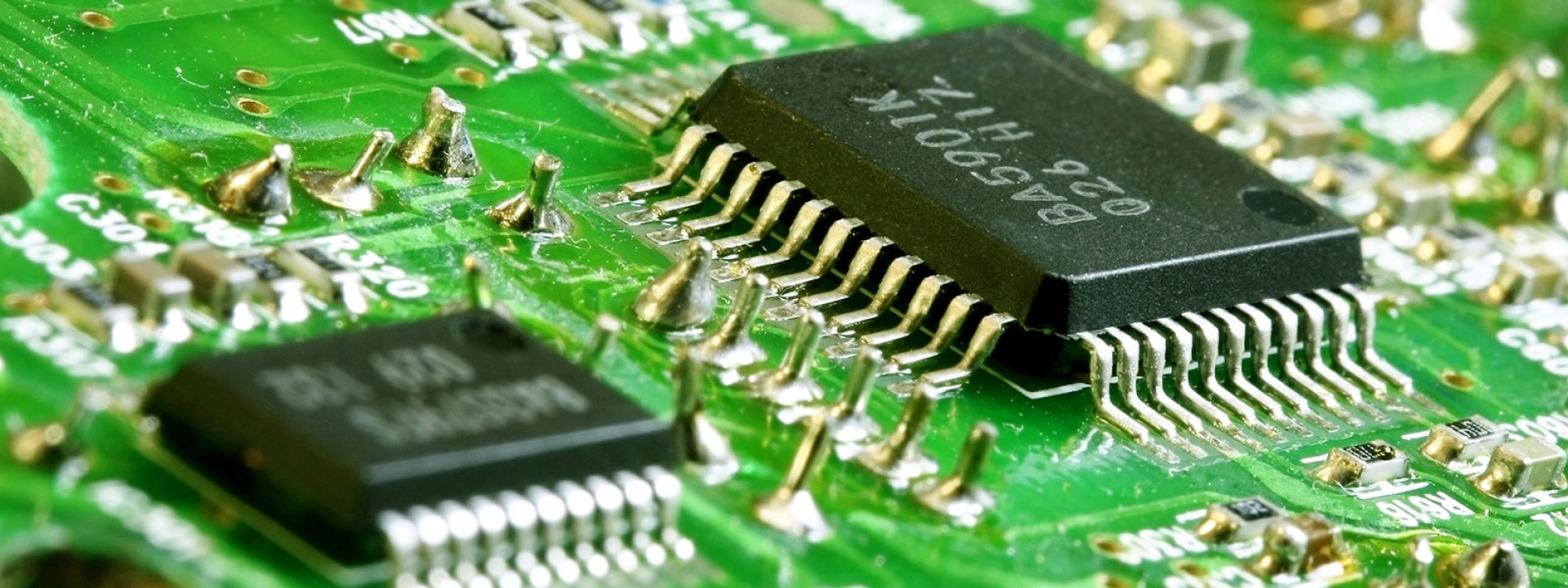News & Events
Deceleration in pull-ins of orders for HPC and handset chips has significantly shortened delivery lead times at IDMs, according to industry sources in China. However, the available fab capacities at IDMs for automotive chip orders continue to fall short of demand.
IDMs continue to run their automotive-grade fab lines at full capacity utilization, while seeing falling capacity utilization rates at other fab lines, the sources said. Nevertheless, the capacity can be used to fulfilll automotive chip orders only if it is automotive certified.
IDMs are building additional fab capacities, which are expected to go online starting the third quarter of 2022. It also requires a period of time for the new capacities to be automotive certified, but the capacities can start taking consumer chip orders as soon as they become available, the sources indicated.
IDMs are expected to have their additional automotive-certified fab capacities be available for automotive chips as early as the end of 2023, the sources said. This may explain why the supply of automotive chips remains constrained.
On the other hand, rapid slowdowns in handsets and other consumer electronics areas have brought down related chip fab utilization rates at IDMs and also pure-play foundries recently, the sources noted. IDMs have therefore shortened their lead times, which came to 50 weeks and longer previously, to as short as three weeks, the sources said.
Some analog IDMs are looking for more consumer and other commercial-grade chip orders to fill their additional fab capacities set to come online starting the third quarter of this year, as the new lines require time to be automotive certified, the sources indicated. Consumer analog chip prices have started to fall as demand-side growth fails to catch up with the supply side, the sources said.
For pure-play foundries, they have also experienced a rapid deceleration in commercial-grade chip order pull-ins while seeing their automotive-certified fab capacities fall short of demand, according to the sources. A main reason behind pure-play foundries' ongoing capacity expansions is to satisfy robust demand for automotive chips, the sources said.
Pure-play foundries are poised to see their fab capacities slip in the third quarter of 2022, as HPC and mobile chip customers slow down their pace of orders. Nevertheless, it is hard for the foundries to shift more of their available fab lines for automotive chip production at present, as such moves mean that they would not be able to give enough capacity support to their major and long-term customers from the consumer sector when consumer electronics demand picks up again, which would offend these clients, the sources indicated.
Besides, foundries such as TSMC whose focus is on sub-7nm process manufacturing still allocate the majority of their available fab capacities for HPC and other commercial-grade chips. But with automotive chip demand growing robustly, the foundries intend to build new fab capacities dedicated to fulfilling automotive chip orders outsourced from IDMs, according to the sources.
By DIGITIMES






